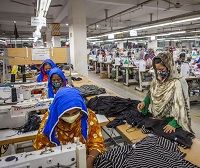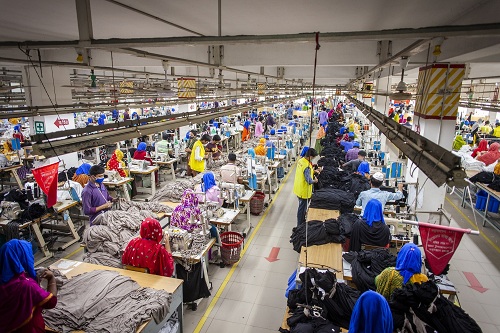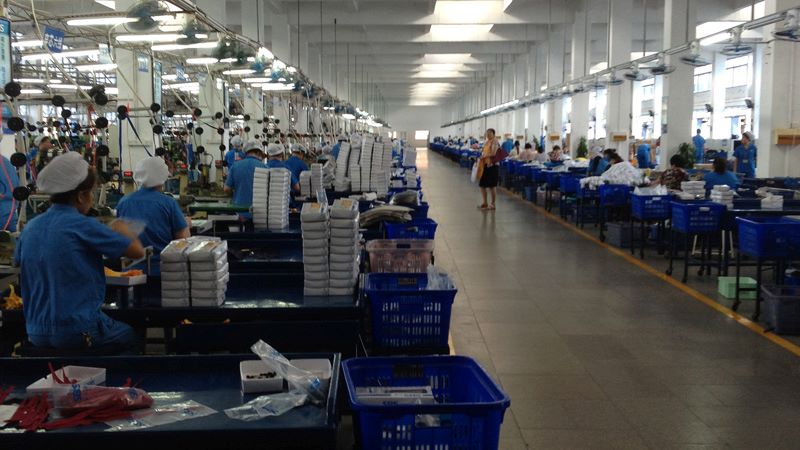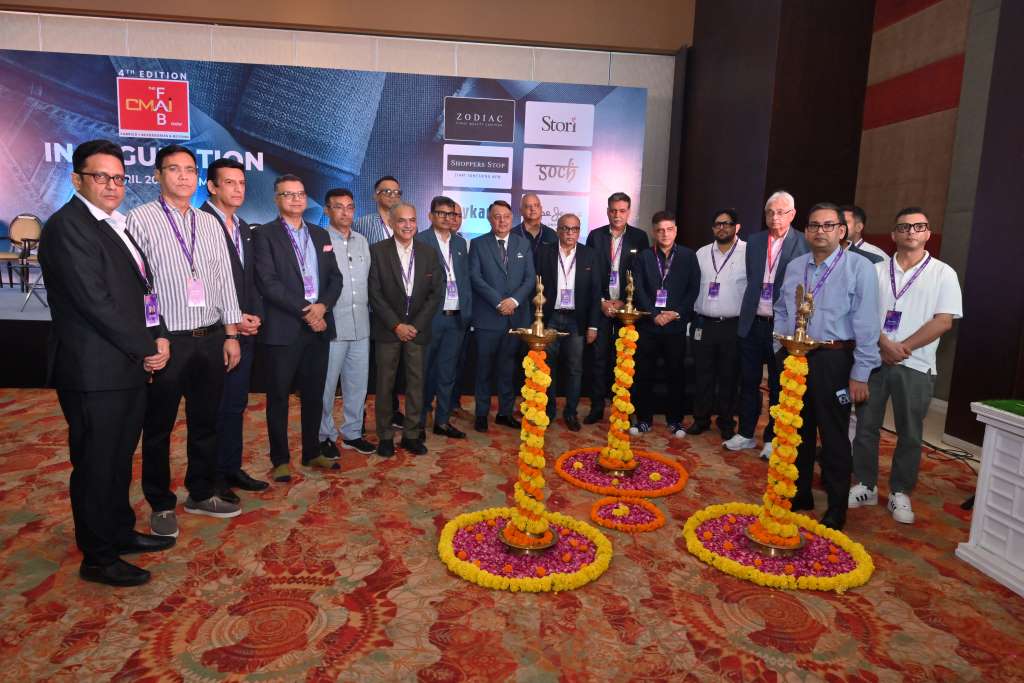 Bangladesh has come a long way since the Rana Plaza tragedy in 2013. The building collapse, which killed 1,134 people, majority of whom garment workers compelled Bangladesh to reflect on its safety measures for RMG workers safety. Bangladesh soon adopted the Accord on Fire and Building Safety agreement, paving the way for the creation of Alliance for Bangladesh Worker Safety. It also established the LEED Certified Green Factories program to acknowledge pioneers of energy and environmental design in the country.
Bangladesh has come a long way since the Rana Plaza tragedy in 2013. The building collapse, which killed 1,134 people, majority of whom garment workers compelled Bangladesh to reflect on its safety measures for RMG workers safety. Bangladesh soon adopted the Accord on Fire and Building Safety agreement, paving the way for the creation of Alliance for Bangladesh Worker Safety. It also established the LEED Certified Green Factories program to acknowledge pioneers of energy and environmental design in the country.
Lack of contracts increases labor vulnerability
Yet, the RMG sector continues to face many health and safety challenges. An Asia Foundation report shows, workers in the country are mostly ignorant of their legal rights. They are often hired without proper contracts or appointment letters by factories which makes vulnerable to easy layoffs during challenging times. Also, workers are often underpaid, especially for overtime. Around 30 per cent workers in a research by the Centre for Policy Dialogue highlighted increased workplace demands without growth in payments.
country are mostly ignorant of their legal rights. They are often hired without proper contracts or appointment letters by factories which makes vulnerable to easy layoffs during challenging times. Also, workers are often underpaid, especially for overtime. Around 30 per cent workers in a research by the Centre for Policy Dialogue highlighted increased workplace demands without growth in payments.
Violation of women laborers’ rights
Workers also often face discrimination on the grounds of religion, race, caste, sex, or place of birth. Most of these workers are women who are often paid lesser than their male counterparts. They are also often denied promotions, indicates a 2014 study by the International Growth Centre
Many employers in Bangladesh claim their factories are adequately equipped to ensure workplace safety. However, a new study points to the contrary. According to this study, only 68 per cent workers believe their workplace can handle emergencies.
The Labor Act introduced by Bangladesh in 2006 granted compulsory maternity leave for women factory workers. Yet, 66 per cent women laborers in the country are unaware of their rights and continue to work during the statutory leave period of their pregnancy. Around 24 per cent workers are also denied sick leave or permissions to take lunch or bathroom breaks.
A slow transition to better governance
A reason for this is lack of unified voice amongst Bangladesh workers to express their concerns to employers. The Bangladesh government is addressing this issue by collaborating with German development agency GIZ on projects such as PSES to promote social and environmental standards in the industry. Sustainable business organization BSR has also launched a project called HER to focus on women’s health, financial inclusion, and gender equality. International Labor Organization has launched two projects; the Better Work initiative to improve working conditions in the RMG sector and SDR project to improve social dialogue and industrial relations.
Bangladesh is slowly moving away from its overdependence on cheap labor which made it one of the least productive garment industries in Asia. Uplifting its workers’ conditions can help the country improve its rankings in the global RMG market












